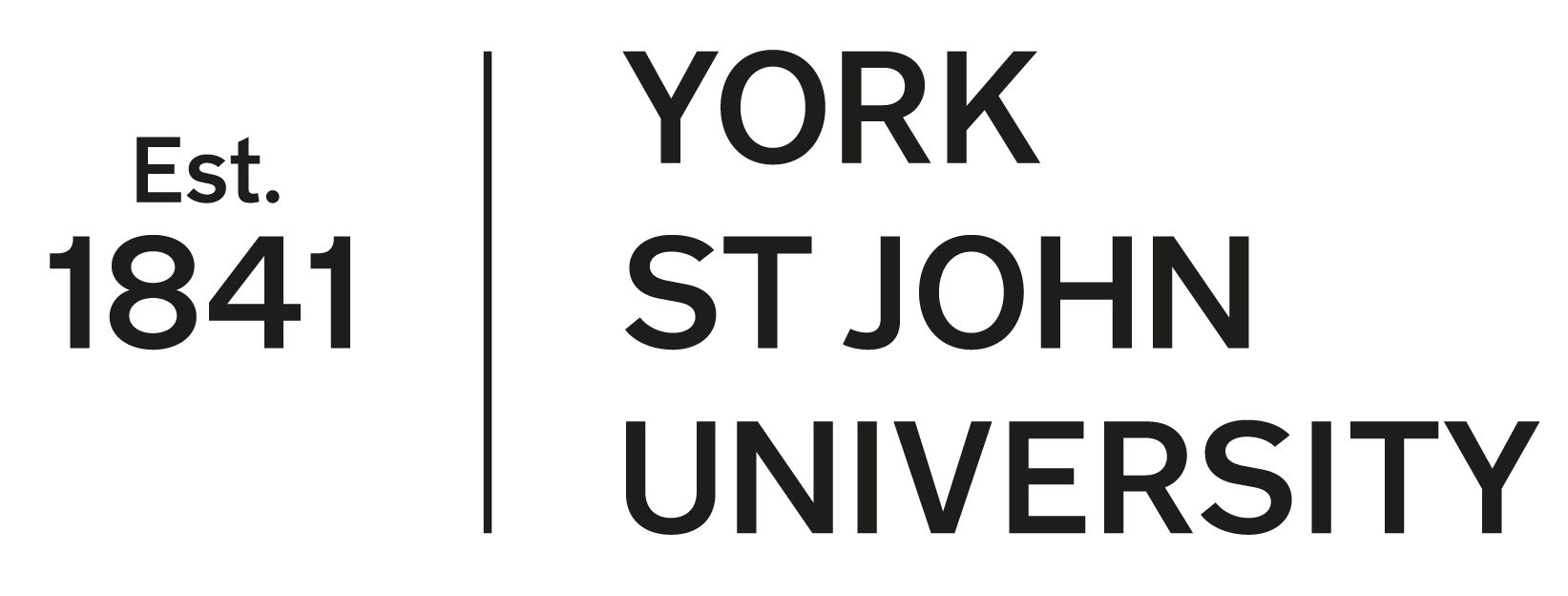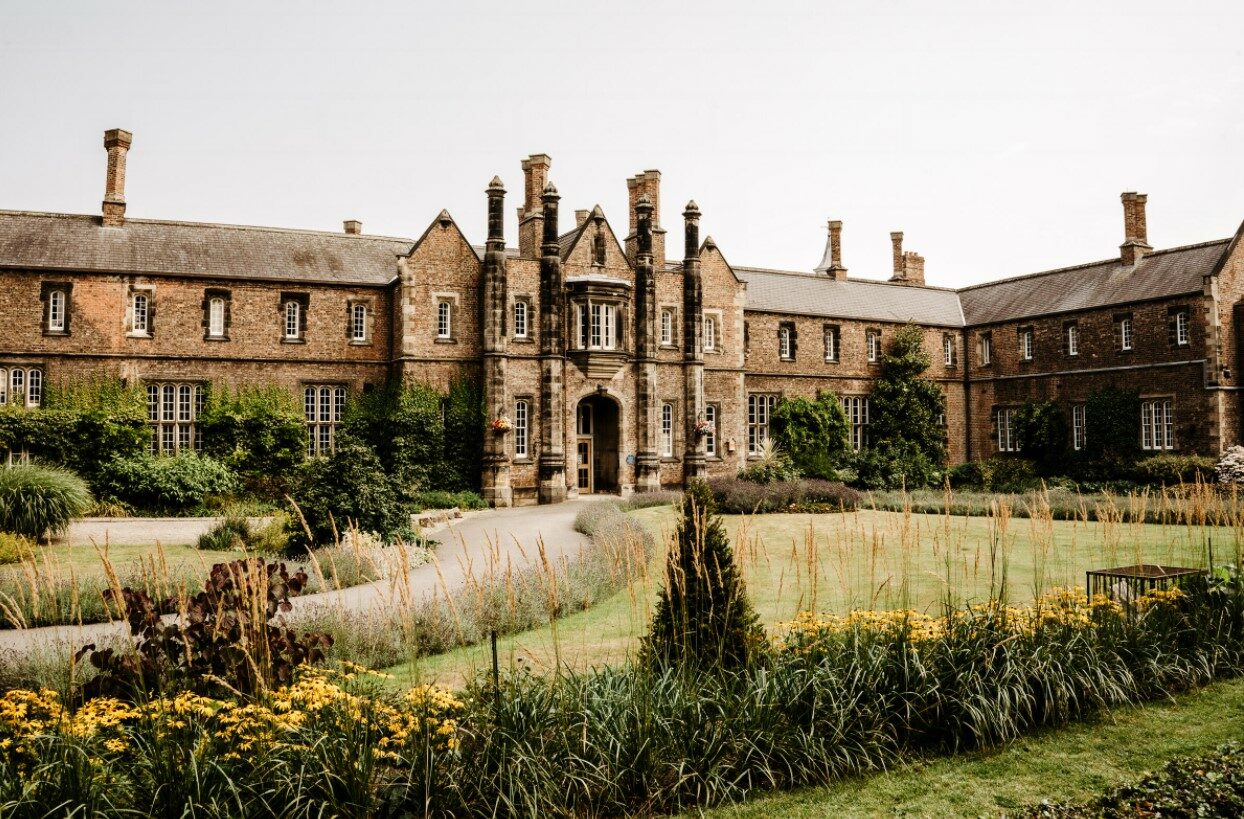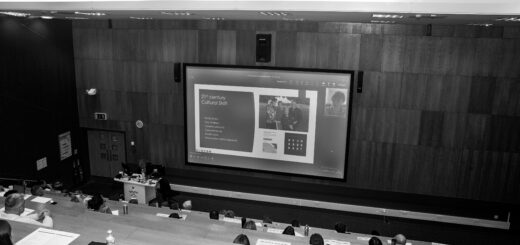Reflections on the PhD Process: The View from the End of the Tunnel
October 31, 2022
By Helgi Clayton McClure
Helgi Clayton McClure studied for a PhD in cognitive psychology at YSJ between 2018 and 2022. He now works as a Post-Doctoral Research Associate at the University of Hull, investigating thinking biases in those experiencing symptoms of depression. Below, he reflects candidly on aspects of the PhD experience.
I began my PhD in September 2018, having returned to my hometown of York and rekindled an old relationship. I would not have predicted that at the end of my first academic year, along with confirmation of my candidature, my daughter, Jemima, would arrive; nor that two years later, after navigating the worst of a pandemic, our son Wilbur would be born. These four years have been challenging and formative in more ways than one...

Academia: Is it really for you?
Everything you have heard about doing a PhD is true: It is demanding, solitary, and at times even a gruelling experience. What is really being tested is your ability to shepherd information and ideas into a solid and original body of work, which then defines your credentials as a researcher. This is quite different from taught programmes of study where, ultimately, following the formula (do the right reading, hand things in on time) brings success; in a PhD, you must pass through the wilderness of inventing your own formula (perhaps even literally, if you’re a chemist or mathematician). Then, after spending the longest time feeling tentative, humble, questioning your ideas and abilities, the viva examination brings the opportunity to engage with a top name in your field – the external examiner – and if it goes to plan, to feel seen and acknowledged as an expert in your own right.
Recently, I have heard much talk of careers outside academia. There is a perception (perhaps accurately) that venturing outside the traditional route as a PhD graduate can bring increased financial reward and greater potential for real-world impact in your work. I certainly think it’s important not to rule anything out too early on; if a tech company offered me six figures on the strength of my (admittedly specialist) expertise in psychology, I would definitely consider it! But fundamentally, the process of doing my PhD has both cemented my aspiration to be an academic researcher and given me the tools and starting point to make it a reality. So, at present, my attitude is: Look no further – academia is the one!

...the viva examination brings the opportunity to engage with a top name in your field – the external examiner – and if it goes to plan, to feel seen and acknowledged as an expert in your own right.
If you want something doing, ask a busy person
My decision to take on a full-time job (a postdoc position at the University of Hull) six months before submitting my thesis raised a few eyebrows at work and at home, but ultimately paid off in two ways: On the one hand, it gave me a taste of the post-PhD world and (to paraphrase a YSJ colleague who made a similar move) reminded me what I was really doing it for. On the other hand, it improved my focus and efficiency during the few hours per week I was able to devote to finishing my thesis. With my data collected and structure laid out, I snatched every half hour on the train or between meetings to flesh out and edit my chapters.
At the same time, I kept hearing the same piece of advice echoed by seasoned academics, all of whom had ‘been there’ as students and potentially also as supervisors / examiners: A PhD thesis doesn’t have to be perfect; it just has to be good enough. This might seem dangerously open to interpretation (What minimum standard shall I hold myself to?) – but at its core, it is a reminder that (provided the examiners are satisfied) you can save the extended nit-picking for later (e.g., in countless exchanges with peer reviewers, if you do stay in academia). In the end, a combination of helpful time pressure and the “good enough” mantra led me to submit a thesis of which I was sufficiently proud, in good time. The body of work I assembled continues to serve as a repository of data and ideas as I progress as a post-doctoral researcher.
A PhD thesis doesn’t have to be perfect; it just has to be good enough.

The first published paper from Helgi’s PhD, on personal goal pursuit during the COVID-19 pandemic, is now available (open access) here: https://doi.org/10.1111/jasp.12920
The Research Office want to say a big thank you to Helgi for providing this brilliant, insightful blog post.
If you'd like to write about your own PhD experience or write about your Research degree as it currently is, please get in touch with us!




